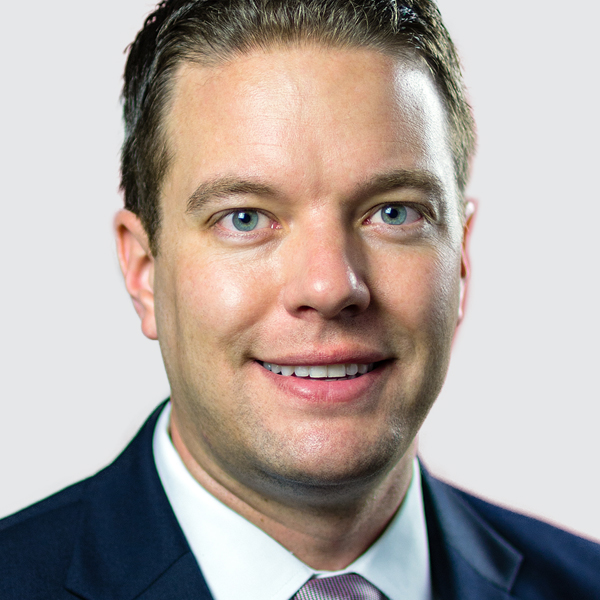Dr. Jennifer Goldschmied is an assistant professor of psychiatry at the Perelman School of Medicine at the University of Pennsylvania. A clinical psychologist and sleep researcher, her work primarily focuses on the impact of slow-wave activity – the deepest kind of sleep – on mental and physical health outcomes.
In addition to spending most of her time on research and seeing patients with insomnia and comorbid psychiatric disorders, Dr. Goldschmied heads Optimal Sleep Consulting, which works with businesses and organizations to educate about sleep health and its impact on performance, helping workplaces understand that a well-rested workforce leads to better outcomes.
We recently sat down with Dr. Goldschmied to dive deeper into the science of sleep and how we can make the most of it.
There’s so much information available online about sleep that it can be confusing to know what’s best for us. How do we know if we’re getting the “right” amount?
People are fascinated by and interested in sleep because we all sleep, which means there’s a lot of information out there – some of it true, and some of it not. Instead of getting caught up in headlines about how much sleep we need to avoid Alzheimer’s disease, I like to encourage my clients to consider the real question: Are you tired during the day? If you’re not tired during the day, and if you can function and do all the things you need to do, then you don’t need to worry so much about sleep.
I don’t get bogged down into how many hours people are sleeping unless it’s an extreme. If someone says they only need 5 hours, or on the other hand, can’t function without 11 hours of sleep, I’ll point out that there aren’t many people who truly need those extremes. It’s not impossible, but it’s highly improbable.
If I frequently travel across time zones for work or leisure, what’s the best strategy for maintaining my sleep schedule and minimizing jet lag?
This depends on how long you spend in each time zone. If you’re traveling quickly – let’s say from New York to San Francisco for just a day and a half – your best bet would be to stay on your home sleep schedule. Don’t adjust to the local time.
If you’re going to be somewhere for several days or longer, there are ways to adjust your sleep schedule using timed light exposure. Depending on which way you’re traveling, more light in the morning and less light in the evening, or the other way around, can help you start to adapt. However, it’s important to know that our bodies can really only adjust by about 15 minutes every day, so expecting to shift your sleep pattern several hours in only a few days is unrealistic.
Between early morning commitments, late evening obligations, and varying schedules, how can I maintain quality sleep with inconsistency?
A consistent sleep schedule is the most important thing, even if you’re getting less sleep on some days.
If that’s not possible, the most important thing to do is keep a consistent wake time from day to day. If you can’t go to sleep at the same time every day, that’s OK, but wake up at the same time regardless of how much sleep you get.
You might have one bad night of sleep, but if you wake up at the same time the next day, you’ll be more likely to get better quality sleep the following night because you’ll have a stronger sleep drive. If you go to bed late and then sleep in, that makes your next night’s sleep worse because your sleep drive isn’t strong enough by bedtime.
Should I avoid naps altogether?
Sleep is a drive, like hunger or thirst. The less you get, the more you need. If you want to take a nap on a weekend because you feel like it and you don’t have problems sleeping, that’s fine. But people who have difficulties with sleep or are prone to being anxious about their sleep should not nap. Napping decreases sleep drive, which makes it more difficult to fall asleep at night. If you have insomnia, trying to make up for lost sleep through naps, hitting snooze, or going to bed early – all of which disrupt your natural sleep drive – creates a more problematic cycle.
My mind is always racing with ideas and to-do lists when I try to sleep. What can help quiet an active mind?
There’s a famous phrase, “Nothing good happens after midnight.” This is especially true when it comes to thinking when you’re trying to sleep. When you’re lying in bed, you’re not going to be your best problem solver. You’re not going to do your best thinking, planning, or decision-making in the middle of the night.



